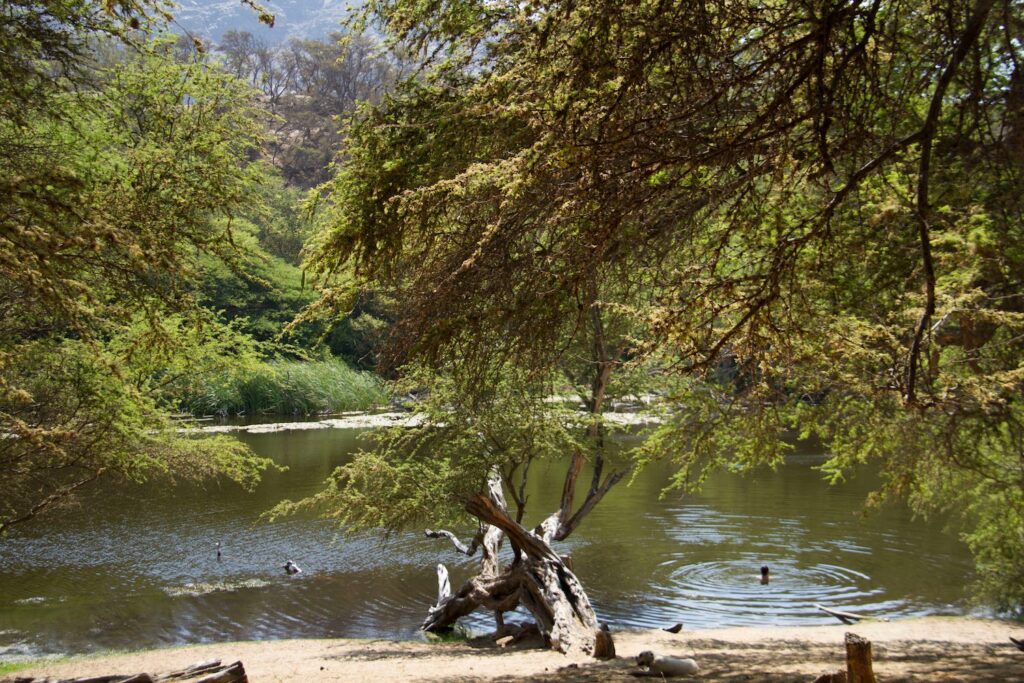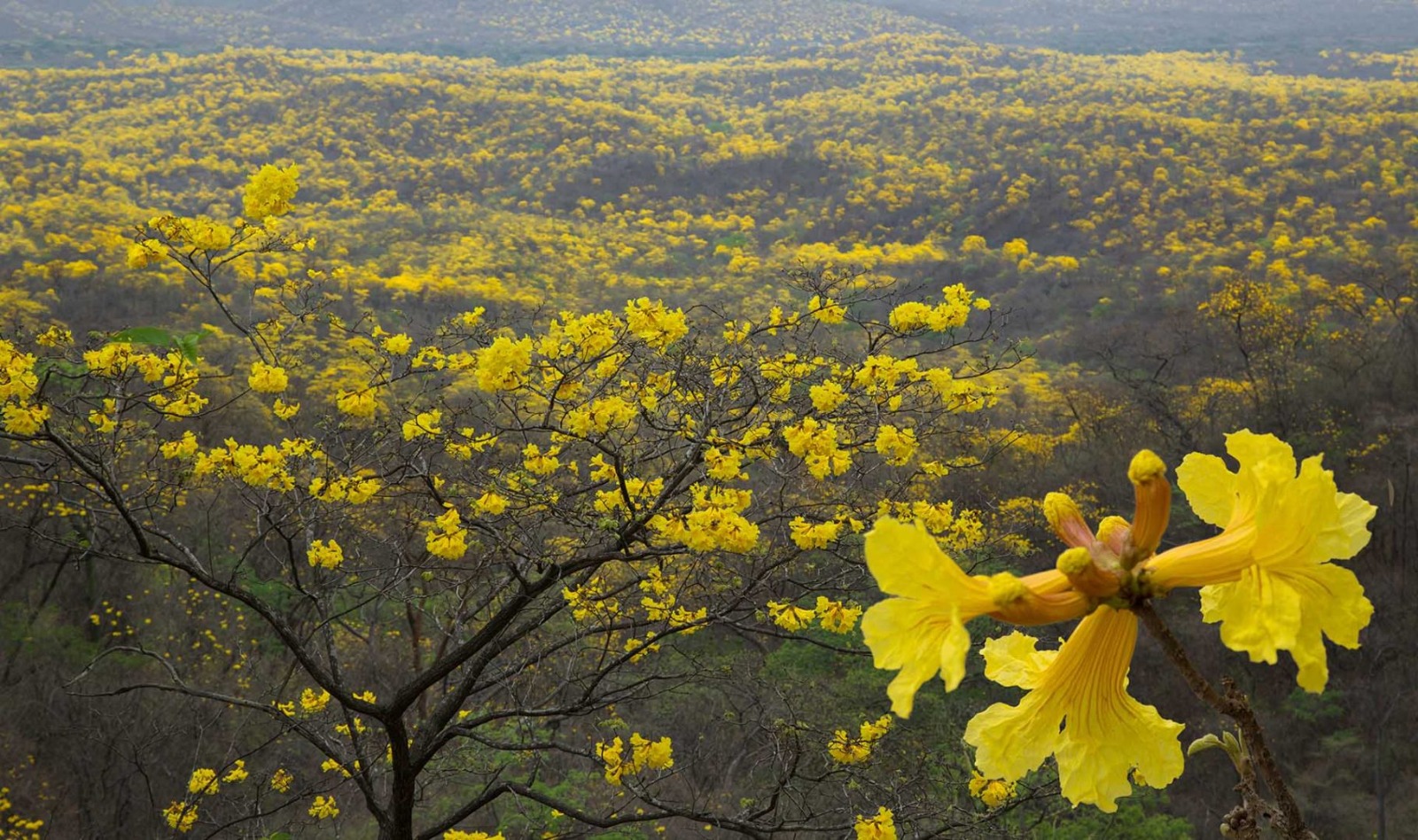ABSTRACT
The Zenú Indigenous Territory, located along the Colombian Atlantic coast, faces significant challenges in the conservation of its threatened tree species amid pressures derived from habitat destruction, the illegal timber trade, and climate change. In response, this Conservation Plan for Endangered Trees aims to safeguard the ecological integrity of the 9,800 hectares of the territory. Focusing on seven endangered and vulnerable tree species, including Ficus eliadis, Swietenia macrophylla, Aspidosperma polyneuron, Guaiacum officinale, Cedrela odorata, Magnolia hernandezii and Huberodendron patinoi, the program will employ a multi-faceted approach.
Beginning with comprehensive habitat assessments, the plan will identify critical areas for conservation interventions and establish baseline data to monitor changes in tree populations. By involving 300 indigenous Zenú families, the program emphasizes community participation and empowerment, recognizing their integral role as stewards of the land. Educational initiatives will increase awareness of the importance of biodiversity conservation and sustainable resource management practices.
To mitigate habitat destruction, the plan advocates for the establishment of protected areas and the implementation of land use zoning regulations. Additionally, sustainable agroforestry and reforestation programs will be promoted to restore degraded areas and provide alternative livelihoods for local communities. Strengthening law enforcement measures to combat illegal logging and timber trade will be critical, supported by community-based monitoring systems and collaboration with government authorities.
To address the impacts of climate change, the plan integrates adaptive measures such as assisted migration of tree species, establishment of climate-resilient nurseries, and promotion of agroecological practices. Research initiatives will assess the vulnerability of tree species to changing climate conditions and inform adaptive management strategies.
Through strategic partnerships with government agencies, non-governmental organizations and academics, the program seeks to leverage resources and expertise to achieve its conservation goals. Regular monitoring and evaluation mechanisms will ensure the effectiveness of conservation actions and facilitate adaptive management in response to emerging threats.
By fostering synergies between conservation efforts and indigenous knowledge systems, this program aims to strengthen the resilience of local ecosystems and communities, ensuring a sustainable future for the Zenú Indigenous Territory and its valuable natural resources.




